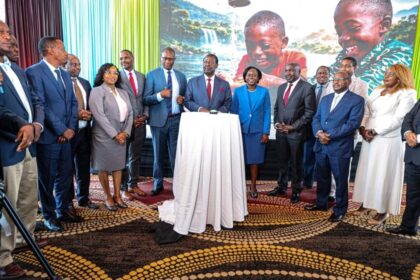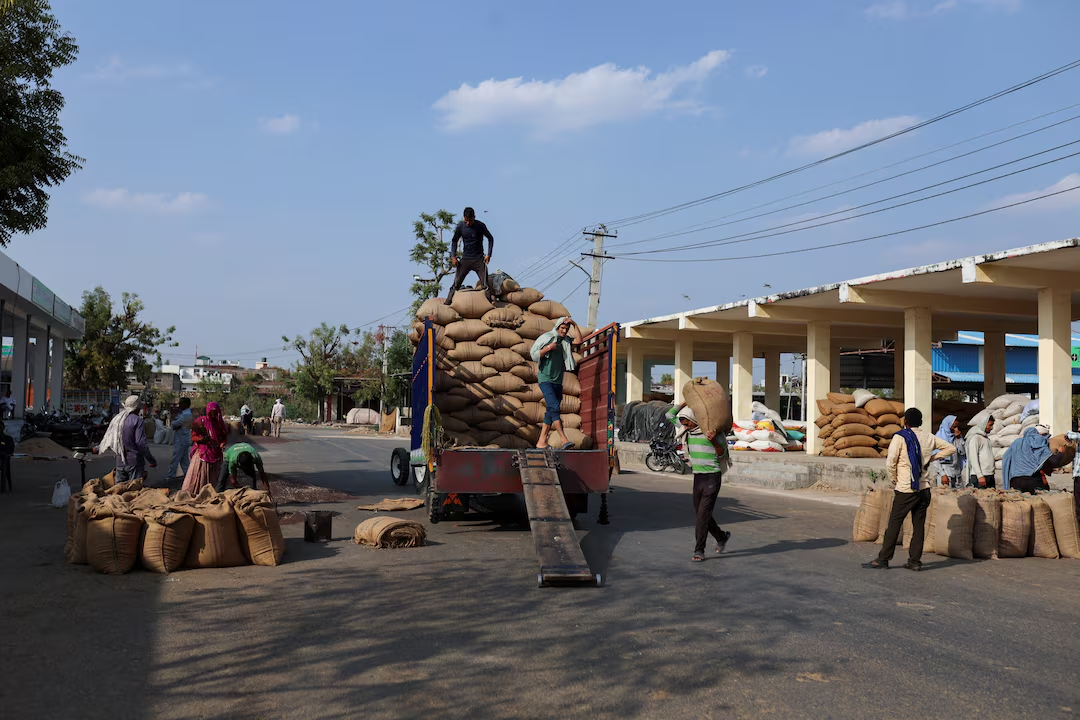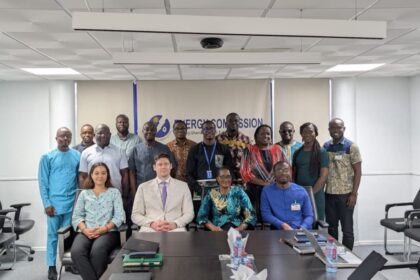The sight of mounds of refuse piling up in the heart of Accra — from the bustling Makola Market to the serene Ridge enclave — paints a grim picture of the sanitation crisis we continue to grapple with in Ghana’s capital city.
On my daily commute from Tuba to Lapaz, I often feel like I’m witnessing a bizarre competition for the largest refuse heap.
Despite years of national sanitation campaigns, public-private partnerships, and significant investments, Accra remains unacceptably filthy.
The problem, however, isn’t a lack of solutions. It’s the misalignment of responsibility, accountability, and community engagement — especially at the local level.
A System That Needs Rethinking
The government’s recent decision not to renew its contract with Zoomlion Ghana Limited has reignited public debate on sanitation.
There’s no denying that Zoomlion has played an important role — offering infrastructure, logistics, and employment — but it has also become a symbol of the over-centralization of sanitation management in Ghana.
It’s time to reimagine our approach. Here’s what I believe needs to happen to truly improve sanitation in Accra and beyond.
Let Municipal and District Assemblies Take the Lead
Sanitation is a local issue — driven by local behaviors and creating local consequences. It stands to reason, then, that solutions must also be local. Metropolitan, Municipal, and District Assemblies (MMDAs) are constitutionally mandated to manage sanitation in their jurisdictions.
Yet, many have become passive observers, overly dependent on central government contracts and national service providers. To fix Accra’s sanitation mess, MMDAs must be empowered and held accountable.
They need to take the lead in developing tailored sanitation strategies, enforcing by-laws, and engaging residents and civil society groups to drive sustainable behavior change.
Decentralization must go beyond paperwork — it must be practical and visible. Every assembly should own both the cleanliness and the filth of its area.
If an electoral zone becomes a breeding ground for disease, the local authority must be answerable. Right now, responsibility is so fragmented that no one is truly held accountable.
Build Community-Based Volunteer Networks
While MMDAs should lead, the real work must happen on the ground — led by residents. We need community-based sanitation volunteer networks in every electoral area.
We’ve seen what’s possible from groups like the BuzStop Boys, who are stepping up to clean and protect their communities. These volunteers live in the areas they serve. They know the hotspots.
They understand the challenges. They’re ideally placed to organize clean-up exercises, monitor illegal dumping, educate neighbors, and collaborate with assembly officers.
But let’s be honest: volunteerism alone won’t cut it. We need to create incentive structures to keep these community actors motivated and committed. Monthly stipends, public recognition, skills training, and other rewards can go a long way toward building sustainable grassroots momentum.
How about a national competition — say, the “Cleanest Electoral Area and Municipal Assembly Awards”? A national sanitation leaderboard could ignite a sense of pride and healthy competition. Cleanliness would become a mark of prestige, not just a civic duty.
Zoomlion Still Has a Role — But a Different One
Zoomlion and similar companies shouldn’t be completely cut out of the picture. They still have a critical role — but at a different point in the sanitation chain.
Their strength lies not in door-to-door waste collection or public education, but in the bulk handling and final disposal of waste — transporting large volumes, managing landfills, and operating recycling or composting facilities.
Under a reimagined system, the roles are clear: communities collect, municipalities coordinate, and companies like Zoomlion handle the final disposal. This division of labor ensures clarity, accountability, and efficiency.
The Cost of Inaction
Let’s be clear: sanitation isn’t just about how a city looks — it’s about public health, economic development, and national pride.
The World Bank estimates that poor sanitation costs Ghana more than $290 million annually due to healthcare expenses, lost productivity, and water pollution. Diseases like cholera, typhoid, and dysentery flourish in the kind of conditions we’ve come to accept in Accra.
Beyond health, poor sanitation tarnishes our image. It discourages tourists, repels investors, and undermines initiatives like the “Black Star Experience” that aim to boost tourism and national development. A clean city is a livable and prosperous one.
A Call to Action
Accra’s filth is not destiny. It is the result of systemic inertia, diluted responsibility, and a top-down model that turns citizens into passive recipients instead of active participants.
As we rethink our national sanitation strategy in light of recent changes, we must move toward a community-first, assembly-led, and company-supported model.
It’s time for MMDAs to step up. It’s time for communities to take pride in their spaces. And it’s time for national sanitation contracts to support — not substitute — local action. Only then can we transform Accra from a capital of filth into a beacon of cleanliness on the continent.
Source: www.climatewatchonline.com












